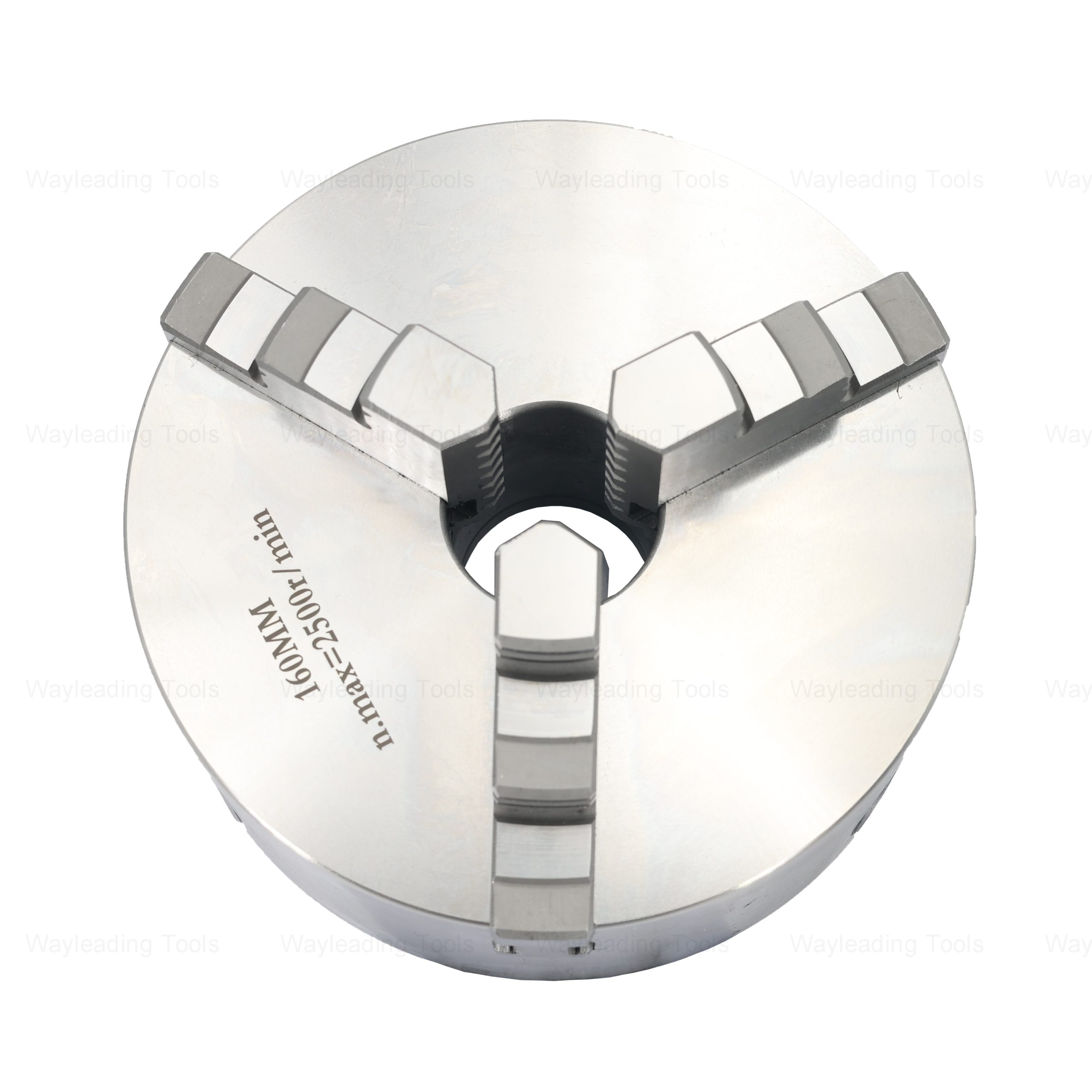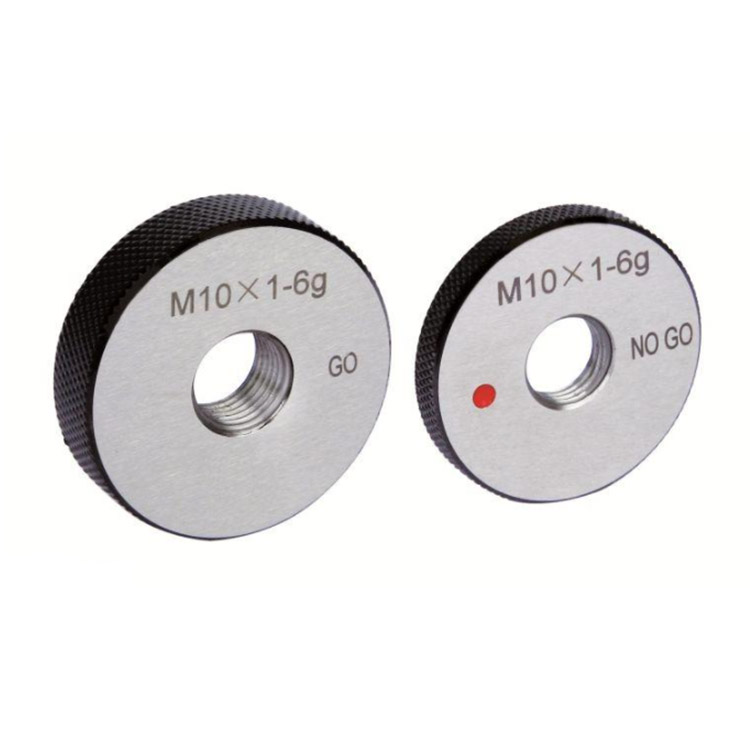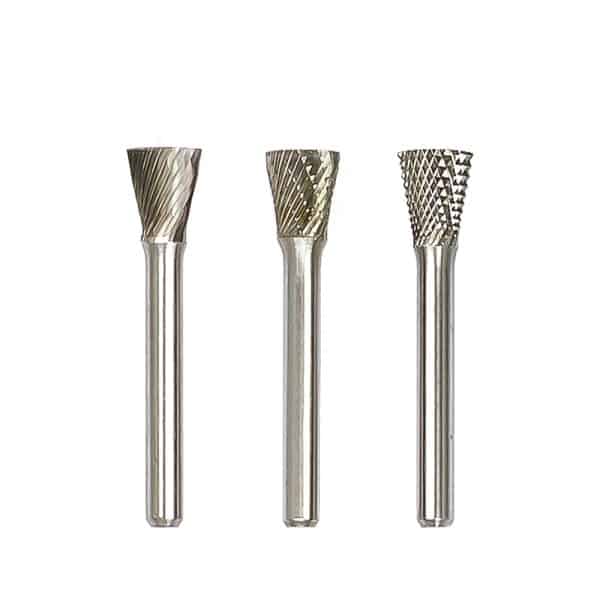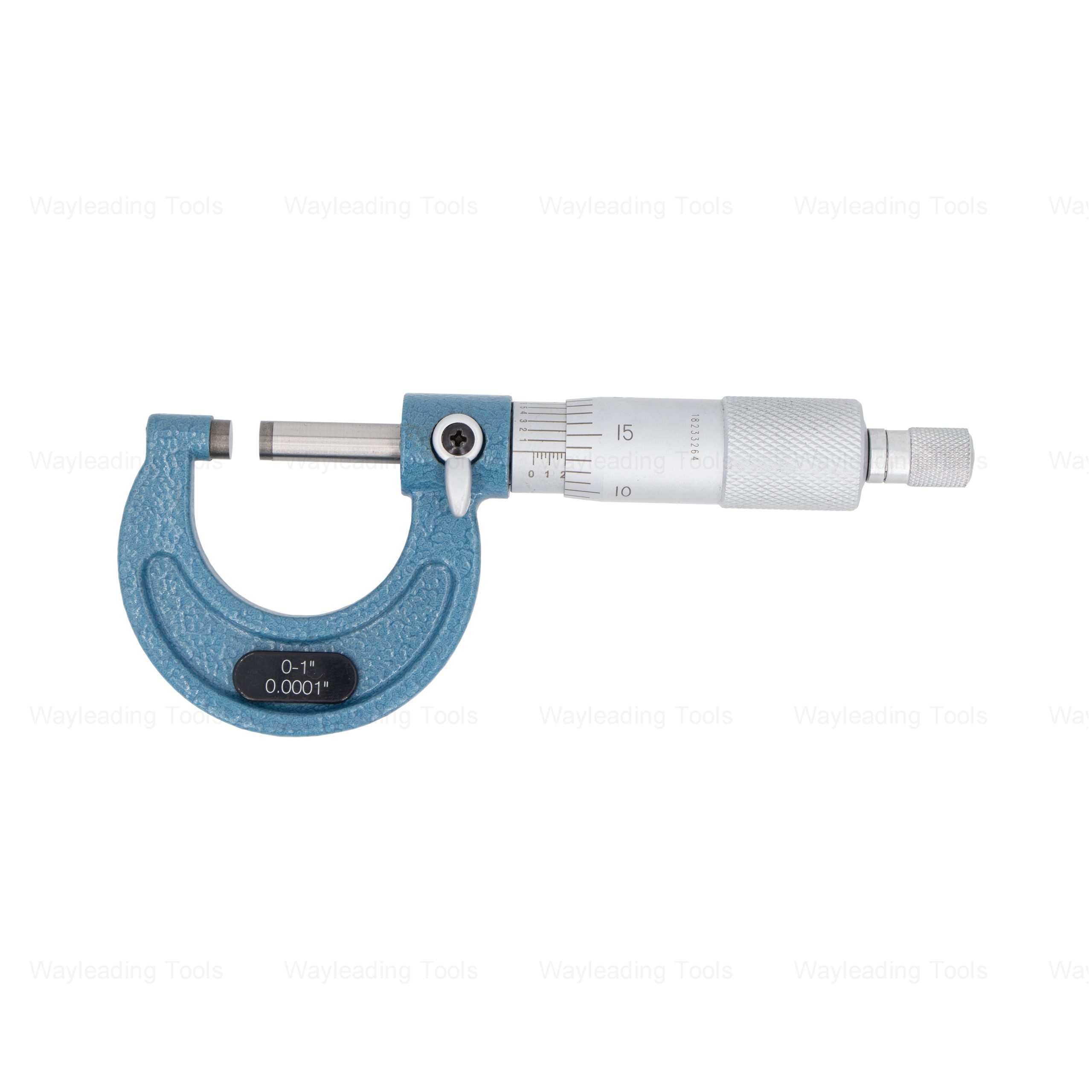tapping handle Suppliers
Looking for reliable tapping handle suppliers? This guide explores the key considerations for selecting a supplier, the different types of tapping handles available, factors influencing pricing, and essential quality checks to ensure you get the best value and performance. Discover how to source high-quality tapping handles that meet your specific needs.
Understanding Tapping Handles and Their Importance
A tapping handle is an essential tool used to manually rotate taps for creating internal threads in materials like metal, plastic, and wood. It provides the necessary leverage and control to cut threads accurately and efficiently. Choosing the right tapping handle and supplier is crucial for ensuring quality threads and prolonging the life of your taps.
Types of Tapping Handles: Choosing the Right One
Several types of tapping handles are available, each designed for specific applications. Here's a look at some common types:
Adjustable Tapping Handles
Adjustable tapping handles are the most versatile type, accommodating a wide range of tap sizes. They feature a movable jaw that can be tightened to securely hold the tap. These handles are ideal for general-purpose tapping and are a popular choice for machinists and DIY enthusiasts.
T-Handle Tap Wrenches
T-handle tap wrenches offer excellent leverage and control, making them suitable for tapping in tight spaces. Their T-shaped design allows for two-handed operation, providing increased torque. These wrenches are commonly used for tapping small to medium-sized holes.
Ratcheting Tapping Handles
Ratcheting tapping handles feature a ratcheting mechanism that allows for continuous tapping without repositioning the handle. This feature is particularly useful when tapping in confined areas or when dealing with hard materials. They significantly speed up the tapping process.
Self-Centering Tapping Handles
Self-centering tapping handles ensure that the tap is perfectly aligned with the hole, reducing the risk of thread damage. These handles are equipped with a centering device that automatically positions the tap in the center of the hole, ensuring accurate and consistent threads.
Key Considerations When Selecting Tapping Handle Suppliers
Choosing the right tapping handle supplier is just as important as choosing the right handle. Here are some key factors to consider:
Product Quality and Reliability
Ensure the supplier offers tapping handles made from high-quality materials, such as hardened steel, to ensure durability and longevity. Check for certifications or quality control processes that guarantee the handles meet industry standards. For instance, Wayleading Tools prioritizes quality materials in all their tapping handles.
Range of Products Offered
Select a supplier that offers a wide range of tapping handles to suit various applications and tap sizes. This allows you to source all your tapping needs from a single supplier, streamlining your procurement process. Ideally, the supplier should offer adjustable, T-handle, ratcheting, and self-centering options.
Pricing and Payment Terms
Compare pricing from different suppliers to ensure you are getting a competitive rate. Consider the payment terms offered, such as credit terms or discounts for bulk orders. Transparency in pricing is crucial for avoiding hidden costs.
Shipping and Delivery
Evaluate the supplier's shipping and delivery options, including shipping costs, delivery times, and tracking capabilities. Choose a supplier that offers reliable and timely delivery to minimize downtime and ensure your projects stay on schedule.
Customer Support and Service
Opt for a supplier that provides excellent customer support and service. This includes responsive communication, technical assistance, and hassle-free returns or exchanges. A reliable supplier should be able to address any questions or concerns promptly and professionally.
Factors Influencing Tapping Handle Pricing
The price of tapping handles can vary depending on several factors. Understanding these factors can help you make informed purchasing decisions.
Material Quality
Handles made from high-quality materials, such as hardened steel, typically cost more than those made from lower-grade materials. The superior durability and performance of high-quality handles justify the higher price.
Design and Features
Handles with advanced designs and features, such as ratcheting mechanisms or self-centering devices, tend to be more expensive. These features enhance functionality and convenience, making them worth the investment for specific applications.
Manufacturing Process
Handles manufactured using precision processes and stringent quality control measures usually command a higher price. These processes ensure consistent quality and reliability, reducing the risk of defects or failures.
Supplier Reputation
Suppliers with a strong reputation for quality and reliability may charge slightly higher prices. However, the peace of mind and assurance of quality often outweigh the marginal price difference.
Essential Quality Checks for Tapping Handles
Before purchasing tapping handles, it's essential to conduct some quality checks to ensure you are getting a reliable product.
Material Inspection
Verify that the handle is made from the specified material, such as hardened steel. Check for any signs of corrosion or surface defects that may compromise its durability.
Dimensional Accuracy
Ensure that the handle's dimensions, such as length and jaw opening, are accurate and consistent. Use a caliper or other measuring tool to verify these dimensions.
Jaw Grip and Security
Test the handle's jaw grip to ensure it securely holds the tap without slipping. The jaw should tighten smoothly and evenly, providing a firm and reliable grip.
Overall Construction and Finish
Inspect the overall construction of the handle for any signs of weakness or defects. Check the finish for any imperfections, such as scratches or dents, that may indicate poor quality.
Top Tapping Handle Suppliers in the Market
While specific recommendations can change, here are general attributes of reputable suppliers. Remember to always conduct your own due diligence before making a purchase.
- Suppliers offering a wide variety of tapping handles to fit your specific needs.
- Suppliers with strong reviews and testimonials attesting to product quality and customer service.
- Suppliers offering competitive pricing and transparent shipping costs.
Conclusion
Selecting the right tapping handle and supplier is crucial for ensuring quality threads and prolonging the life of your taps. By considering the factors outlined in this guide, you can make informed purchasing decisions and source high-quality tapping handles that meet your specific needs. Remember to prioritize product quality, supplier reliability, and customer service to achieve the best possible results. Consider exploring Wayleading Tools for a diverse selection of high-quality tooling options.
Related products
Related products
Best selling products
Best selling products-
 SCFC Indexable Boring Bar – Right- and Left-Hand Types
SCFC Indexable Boring Bar – Right- and Left-Hand Types -
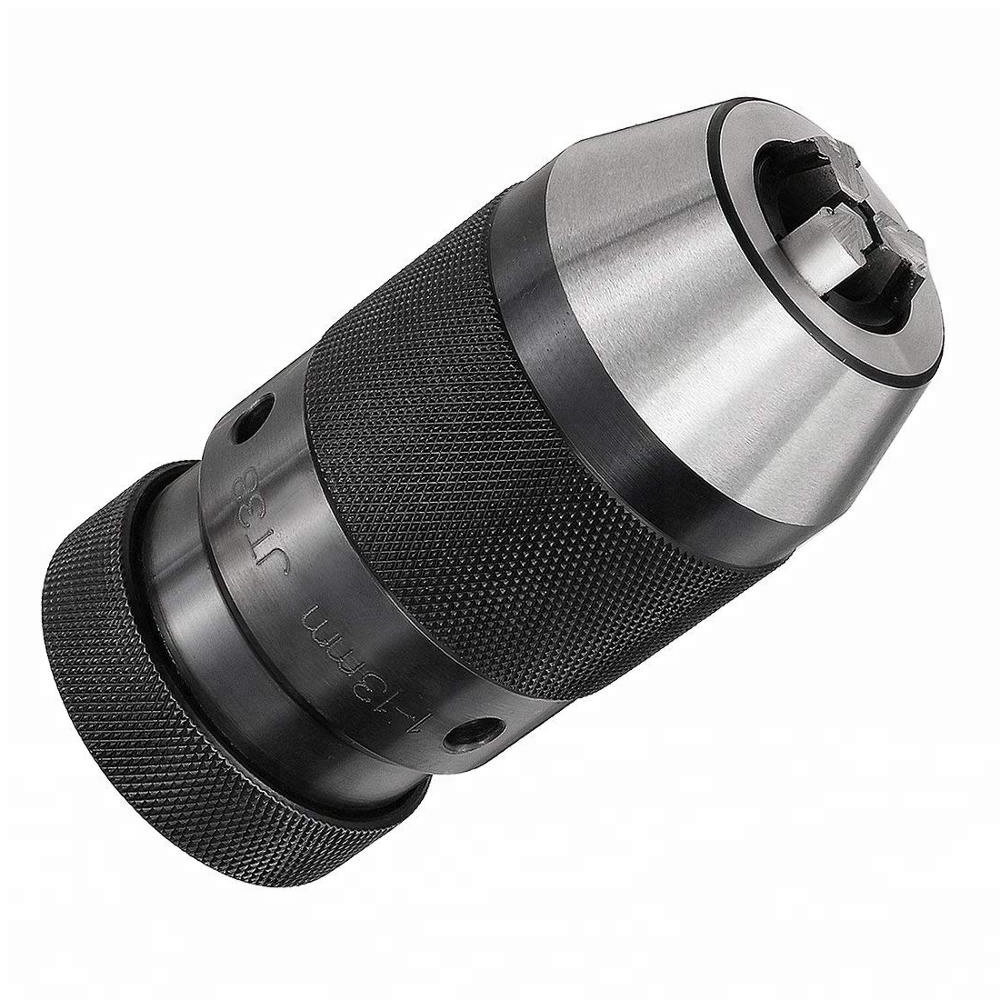 Keyless Drill Chuck With Heavy Duty Type
Keyless Drill Chuck With Heavy Duty Type -
 Partial profile 55° Threading Insert With ER & IR Type
Partial profile 55° Threading Insert With ER & IR Type -
 MT-APU Drill Chuck Holder With Keyless Type
MT-APU Drill Chuck Holder With Keyless Type -
 CNMG & CNMM Turning Insert For Indexable Turning Tool Holder
CNMG & CNMM Turning Insert For Indexable Turning Tool Holder -
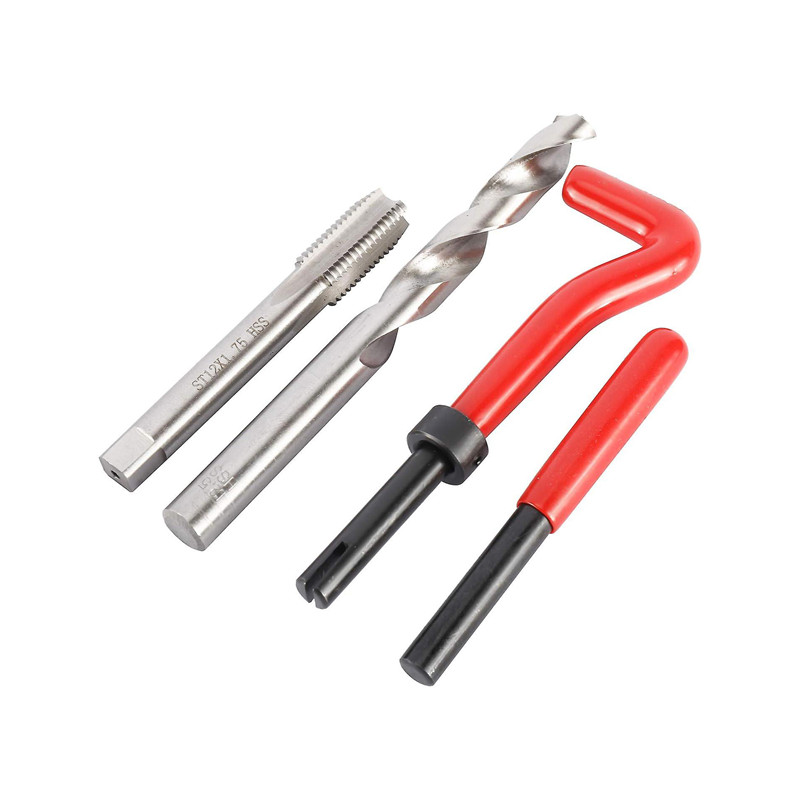 131PCS Thread Repair Set And Helicoil Type Thread Repair Set
131PCS Thread Repair Set And Helicoil Type Thread Repair Set -
 ISO Metric Hexagon Die With Right Hand
ISO Metric Hexagon Die With Right Hand -
 Precision V Block And Clamps Set With High Quality Type
Precision V Block And Clamps Set With High Quality Type -
 Type G Arc Pointed Tree Tungsten Carbide Rotary Burr
Type G Arc Pointed Tree Tungsten Carbide Rotary Burr -
 HSS Metric & Inch Woodruff Keyseat Cutter With Straight Or staggered Teeth
HSS Metric & Inch Woodruff Keyseat Cutter With Straight Or staggered Teeth -
 HSS Metric Plain Metal Slitting Saws For Industrial
HSS Metric Plain Metal Slitting Saws For Industrial -
 Precision V Block And Clamps Set With Heavy Duty
Precision V Block And Clamps Set With Heavy Duty

